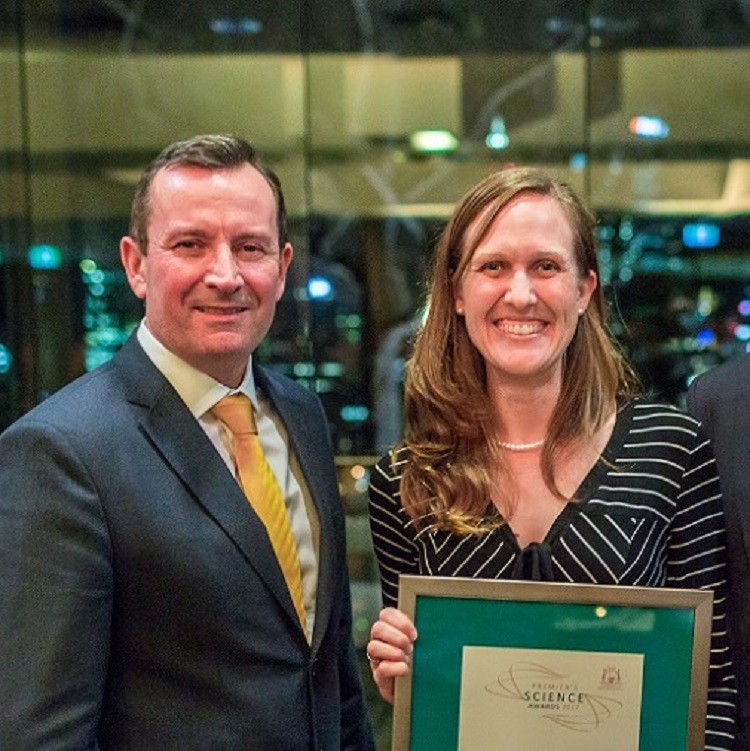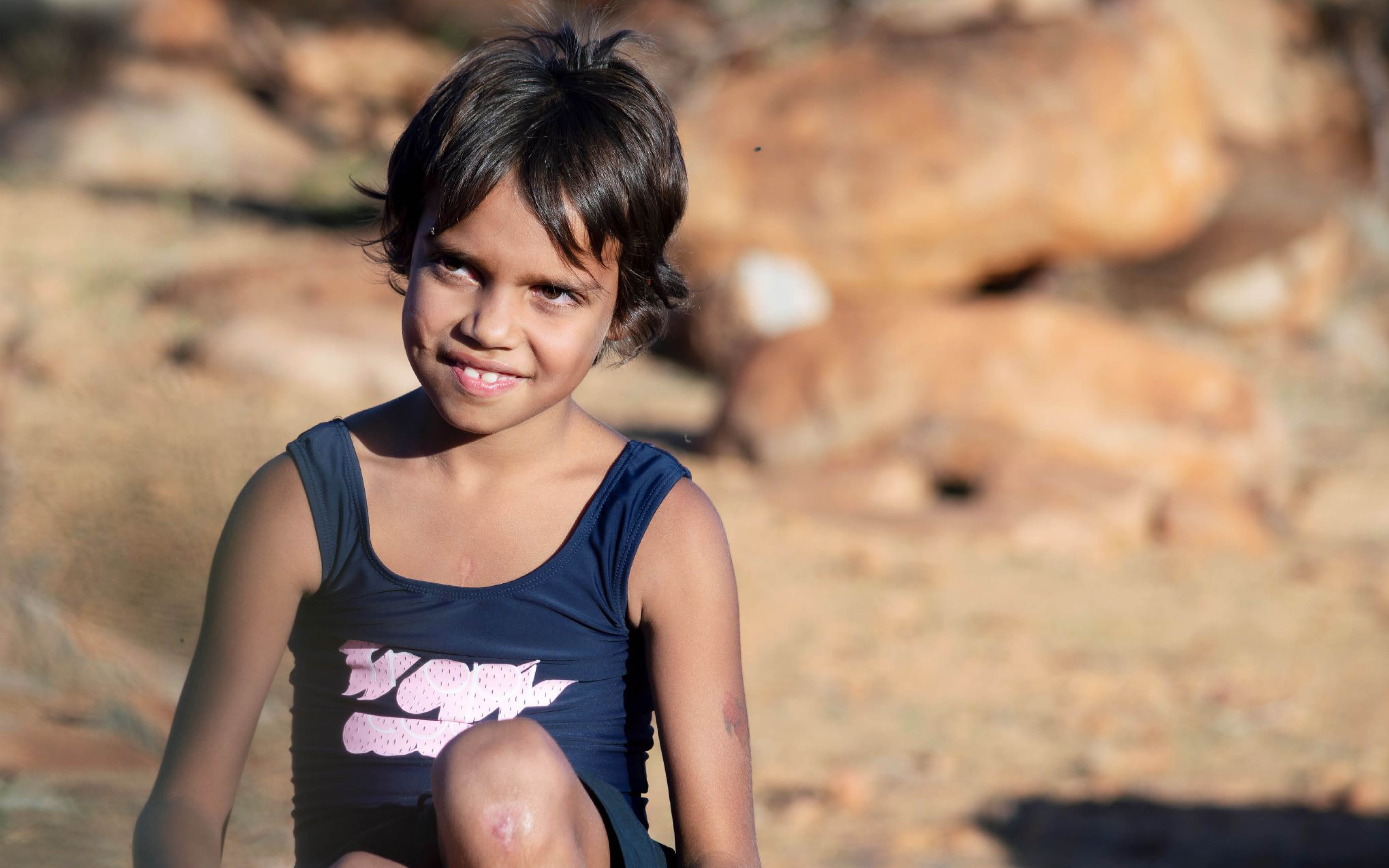Search

News & Events
The Kids Research Institute Australia researcher wins Premier’s Science AwardInfectious diseases researcher, Dr Asha Bowen, has won the Early Career Scientist of the Year Premier's Science Award for 2017.
Research
Innate immunity in human newborn infants: prematurity means more than immaturityNeonates, particularly those born prematurely, are exquisitely vulnerable to life-threatening infections. This increased susceptibility to infection...
Research
Nasopharyngeal carriage of Haemophilus haemolyticus in otitis-prone and healthy childrenHaemophilus haemolyticus is often incorrectly categorized as nontypeable Haemophilus influenzae (NTHI) upon culture. PCR analyses of 266 NTHI-like nasopharyngea
Research
Complexity of Influenza Outbreaks during the World Youth Day 2008 Mass Gathering and its Impact on Community Seasonal Influenza ActivityHow Influenza outbreaks during mass gatherings have been rarely described, and detailed virologic assessment is lacking.
Research
Comparison of the immunogenicity and reactogenicity of a prophylactic quadrivalent human papilloma VirusWe conducted a noninferiority immunogenicity study to bridge the efficacy findings in young women to preadolescent and adolescent girls and boys...

The Strep A Translation team aim to understand the epidemiology of Strep A infections in Australia and the world. Alongside this, they explore the implementation of endgame recommendations, health economics and new horizons.
Research
Targeting the mucosal immune system in a mouse model to prevent pregnancy complications following maternal bacterial infectionThis work is the first step to develop safe treatments for pregnant mums to protect against preterm delivery and low birth weight caused by maternal infections.
Research
Antimicrobial Resistance of Clostridioides (Clostridium) difficile in CambodiaAntimicrobial resistance (AMR) remains a major topic of interest in infectious disease management. We studied AMR in Clostridioides difficile isolated in Cambodia.
Research
Who is at risk of a respiratory syncytial virus hospitalisation? A linked, population-based birth cohort analysis in children aged less than 5 yearsRespiratory syncytial virus (RSV) is a major cause of acute lower respiratory infections globally in children under five years. With the development of RSV prevention strategies, understanding risk factors and relation to age and population is useful for deciding the type of program implemented.
Research
Randomised controlled trials of behavioural nudges delivered through text messages to increase influenza and COVID-19 vaccine uptake among pregnant women (EPIC study) in AustraliaInfluenza and COVID-19 vaccine uptake among pregnant women is sub-optimal. We assessed the effectiveness of a multi-component behavioural nudge intervention to improve COVID-19 and influenza vaccine uptake among pregnant women.
